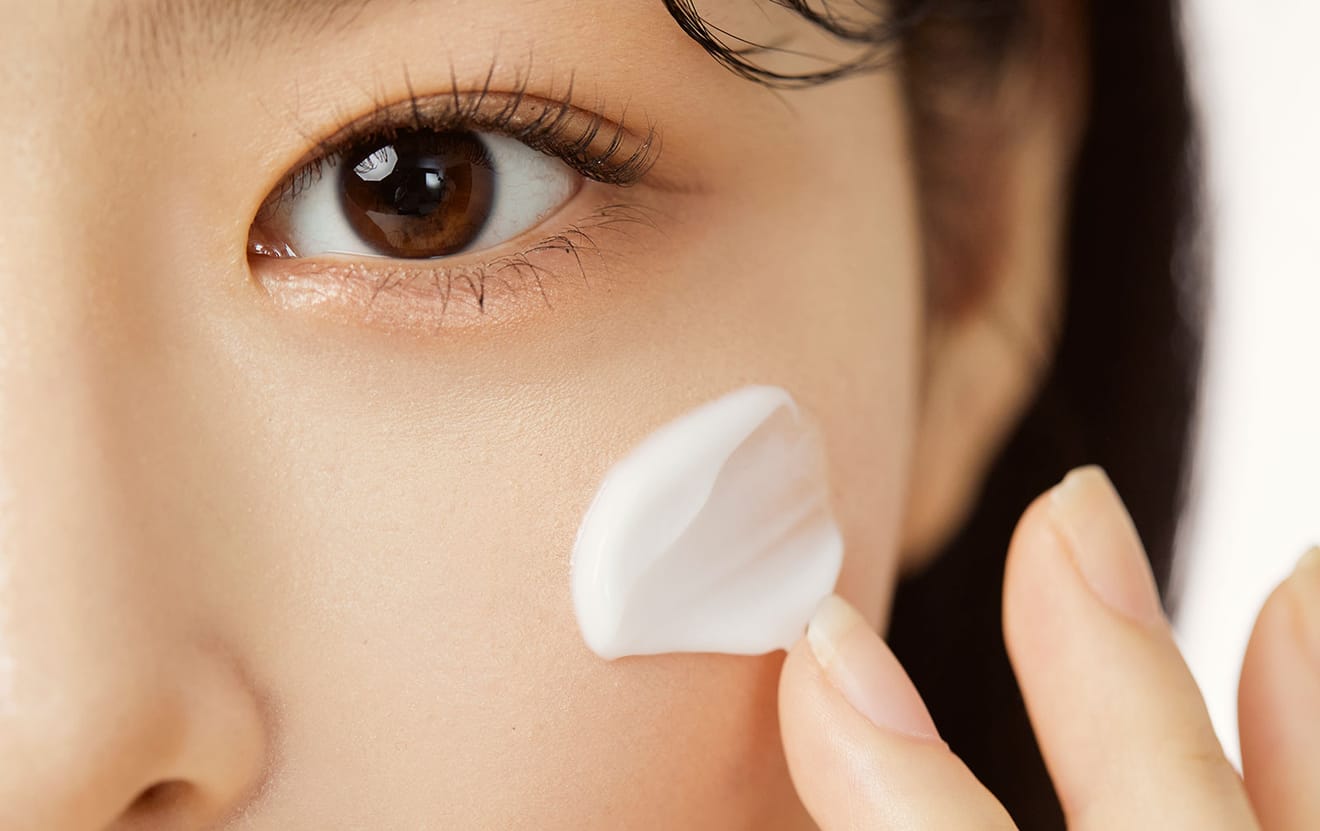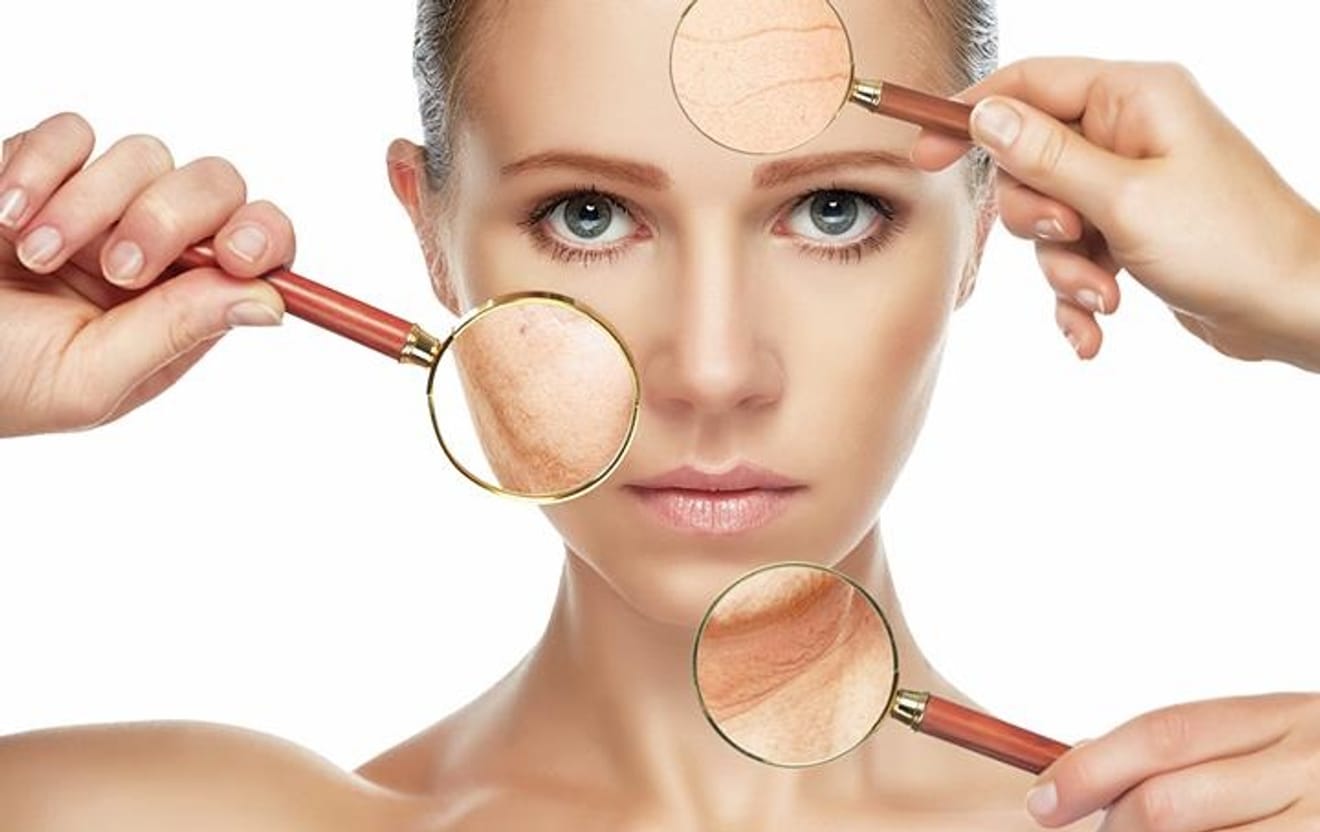Subject
- #Vitamin A
- #Skincare
- #Wrinkle Reduction
- #Retinal
- #Retinol
Created: 2024-04-11
Created: 2024-04-11 21:37
Retinol and retinal are both derivatives of vitamin A and are widely used in skincare. These two ingredients are known to be effective in addressing various skin concerns, including anti-aging, improvement of hyperpigmentation, and acne treatment. However, there are some crucial differences between retinol and retinal, and these differences are important factors to consider when choosing skincare products.
The first difference lies in the active form of each ingredient. Retinol is a precursor to vitamin A and must be converted into retinal within skin cells after topical application to exert its effects. On the other hand, retinal is the active form of vitamin A, and it acts on skin cells immediately upon application, leading to faster results. This means that retinol may experience some loss of efficacy during the conversion process, suggesting that retinal can produce more direct and potent results than retinol.

Retinol Retinal Difference
The second difference is the level of irritation each ingredient causes. Retinal, due to its active form, acts rapidly on the skin upon application, potentially causing irritation. Particularly, individuals with sensitive skin may experience redness, dryness, and peeling during the initial stages of use. Conversely, retinol acts more gently on the skin, and the gradual conversion to retinal allows the skin to adapt gradually, resulting in less irritation. For this reason, retinol is recommended for those with sensitive skin or those who are using vitamin A derivatives for the first time.
The third difference is the speed of results. Since retinal acts on the skin faster than retinol, users may observe quicker improvements when using retinal. However, this also means that retinal can cause more intense irritation, so it's important to adjust the usage amount carefully during the initial stages and monitor the skin's response closely.
In conclusion, the choice between retinol and retinal depends on individual skin type, current skin condition, and the level of irritation the skin can tolerate. For those with sensitive skin or first-time users of vitamin A derivatives, it's advisable to start with retinol.

Retinol Benefits
One of the biggest advantages of retinol is its ability to stimulate collagen production, thereby reducing wrinkles and improving skin elasticity. Collagen is a primary component of the skin, playing a crucial role in determining skin elasticity and thickness. As we age, collagen production decreases, so using retinol can compensate for this decline and slow down skin aging.
Furthermore, retinol accelerates skin cell regeneration, improving skin surface irregularities and texture, and effectively alleviating hyperpigmentation issues such as age spots and freckles. This is because retinol stimulates the faster renewal of cells in the stratum corneum, the outermost layer of the skin, resulting in a brighter and more even skin tone.
Retinol can also be a great ally in combating acne. One of the primary causes of acne is the clogging of pores with skin oil and debris. Retinol helps keep pores clear. This is because retinol stimulates the skin's exfoliation process, reducing pore blockage and inhibiting acne formation.
However, caution is needed when using retinol. Due to its potent nature, the skin may initially become dry or peel. To minimize these side effects, it's essential to start with a low concentration of retinol and allow the skin to adapt. Also, retinol can make the skin more sensitive to sunlight, so it's crucial to use sunscreen during the daytime.
The effects of retinol on the skin can vary from person to person, so it's important to consult a dermatologist before using it. Especially if you are pregnant or have specific skin conditions, you may need to avoid using it.

Retinal Benefits
One of the most well-known effects of retinal on the skin is its ability to reduce wrinkles and improve skin elasticity. Studies show that retinal works by promoting collagen production and inhibiting the activity of enzymes that break down existing collagen. Collagen is a major structural component of the skin, essential for maintaining skin elasticity and thickness. As we age, collagen production decreases, and retinal helps slow down this process, making the skin appear younger.
Retinal is also effective in improving skin texture and tone. Retinal increases skin cell turnover, smoothing out fine lines on the skin's surface and improving the appearance of age spots, blemishes, and hyperpigmentation. This is because retinal stimulates the faster renewal of cells in the stratum corneum, the outermost layer of the skin.
Retinal is also an effective ingredient in acne treatment. Acne is mostly caused by the clogging of pores with sebum, debris, and dead skin cells. Retinal helps to reduce this pore blockage, decrease inflammation, and prevent acne breakouts.
Retinal can be irritating to the skin, and the skin may become dry or peel during the initial stages of use. Therefore, it is advisable to choose a low-concentration retinal product initially and gradually increase the frequency and concentration of use. Also, retinal can make the skin more sensitive to the sun, so it's important to always use sunscreen during the daytime.
Comments0